An exciting new area once predicted to change the future of nutrition and medicine is no longer a future prospect but a reality! Personalised wellness based on Nutrigenomics is being used by Specialist Dieticians, such as London-based dietician Rachel Clarkson, in clinical practice thanks to the completion of the human genome project!
Most people understand that they have inherited specific traits from their parents in the form of genes, that make-up a unique genetic code also known as DNA. This is presented with obvious traits such as eye colour and height but also more complex gene interactions such as the risk of developing certain diseases such as heart disease, diabetes, cancer and obesity.
Interestingly our genetics also determine the way we respond to nutrients in food, supplements and weight loss! Ever wondered why you crave sugar, are sensitive to caffeine or why you’ve always struggled to lose weight?
One-size does not fit all
It’s not a surprise that we all respond to nutrients very differently. Some people need more or less of certain nutrients to achieve the same health benefit. A specific diet may work for one person but not the other – no wonder people get frustrated! A new area of science called Nutrigenomics addresses this problem and allows for personalised nutrition advice based on genetic variations. Imagine being presented with your body’s user manual, telling you what foods to eat and not to eat with the exact amount of nutrients you require to be of optimal health and even to lose weight! It is an area that fascinates Mr Banwell and ties in beautifully with his holistic approach to wellness and cosmetic surgery.
What is Nutrigenomics?
About a decade old, Nutrigenomics is a new area of science, also known as nutritional genomics that investigates how the foods we eat interact with our genes. “How much of a certain nutrient should a particular individual be eating?” or “what are the biological effects of a supplement?” are typical questions answered by this area of research. Nutrigenomic analysis can basically dictate nutrient requirements in line with your nutrient metabolism, body composition and chronic disease risk. Another technique used in the research investigates how nutrients and bioactive compounds in food turn genes on and off (epigenetics). These genes affect metabolic and physiologic processes in the body (and skin) – determining health.
Personalised Nutrition
The ability to better understand of how a patient responds to nutrients, allows Specialist Dietitian’s, such as Rachel Clarkson RD, to give more precise and personalised dietary advice to meet health goals at her clinic.
The DNA Dietitian, Harley Street is the leading centre of excellence in London for Nutrigenomic analysis and they work very closely with Mr Banwell and his team, using cutting edge techniques and real evidenced-based science. Rachel Clarkson RD, describes some of the exciting findings of Nutrigenomic research below:
Nutrient Metabolism
- Some individuals may not absorb or metabolise certain nutrients very well and hence are predisposed to deficiencies that can increase the risk of disease – you may require more of a certain nutrient in your diet to achieve optimal nutritional status and wellness.
Cardiometabolic health
- This area of research determines why some people can eat a diet high in fat and not have any problems with their cholestrol and others experience the opposite.
- In 50% of people caffeinated coffee intake lowers the risk of heart attacks. But in other 50%, the same dose of caffeinated coffee increases the risk of heart attacks.
- Others have variations which causes them to be particularly sensitive to salt – significantly affecting blood pressure.
Weight loss
- Weight loss can be challenging for most people if they aren’t aware of what diet their body will best respond to e.g high protein, low carbohydrate or low-fat diet.
Food intolerances
- Food intolerances such as gluten and lactose can be identified with our genetic analysis techniques which can improve digestive issues.
How to unlock your health potential with personalised wellness
- Firstly, it is important to seek the advice of a board certified Specialist Dietitian in the area of Nutrigenomics who has the appropriate clinical training to give you the best possible care.
- Ensure your Practioner is board certified – ‘Registered Dietitian (RD)’ and has clinical training in the field of Nutrigenomics.
- Only trust those who work with evidenced-based testing – usually at a reputable university facility e.g The DNA Dietitian Harley Street works with The University of Toronto.
- Undergo clinical and dietary assessment at a specialist clinic where you will be asked for a saliva sample for genetic analysis.
- Unlock your health potential with personalised dietary advise based on your genetics.
Here at The Banwell Clinic, Mr Banwell and his team believe your cosmetic surgery journey starts with ensuring you are in optimum health before and after surgery. We pride ourselves in being the first Plastic Surgery Clinic in the UK to offer Nutrigenomic analysis to our patients and have teamed up with trusted Registered Dietitian Rachel Clarkson to offer a holistic package that meets all your wellness needs.



















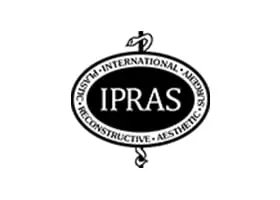

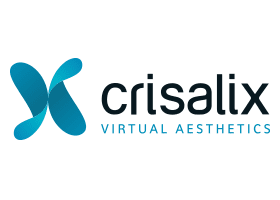
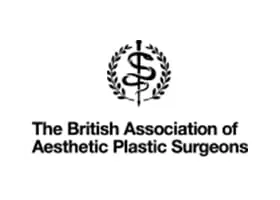
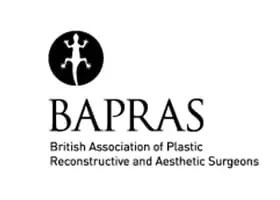

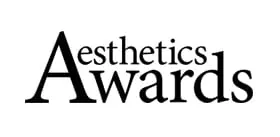





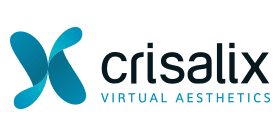
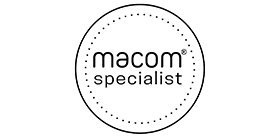
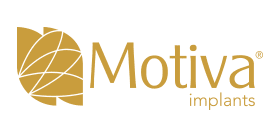
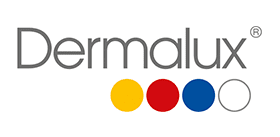
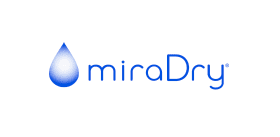




3rd June 2025
Post-Surgery Compression Garments in Plastic Surgery
Read More
26th May 2025
Get the Revolutionary Breast Implant Ultrasound Check
Read More
25th March 2025
Minimally Invasive Breast Surgery at Mr Banwell
Read More